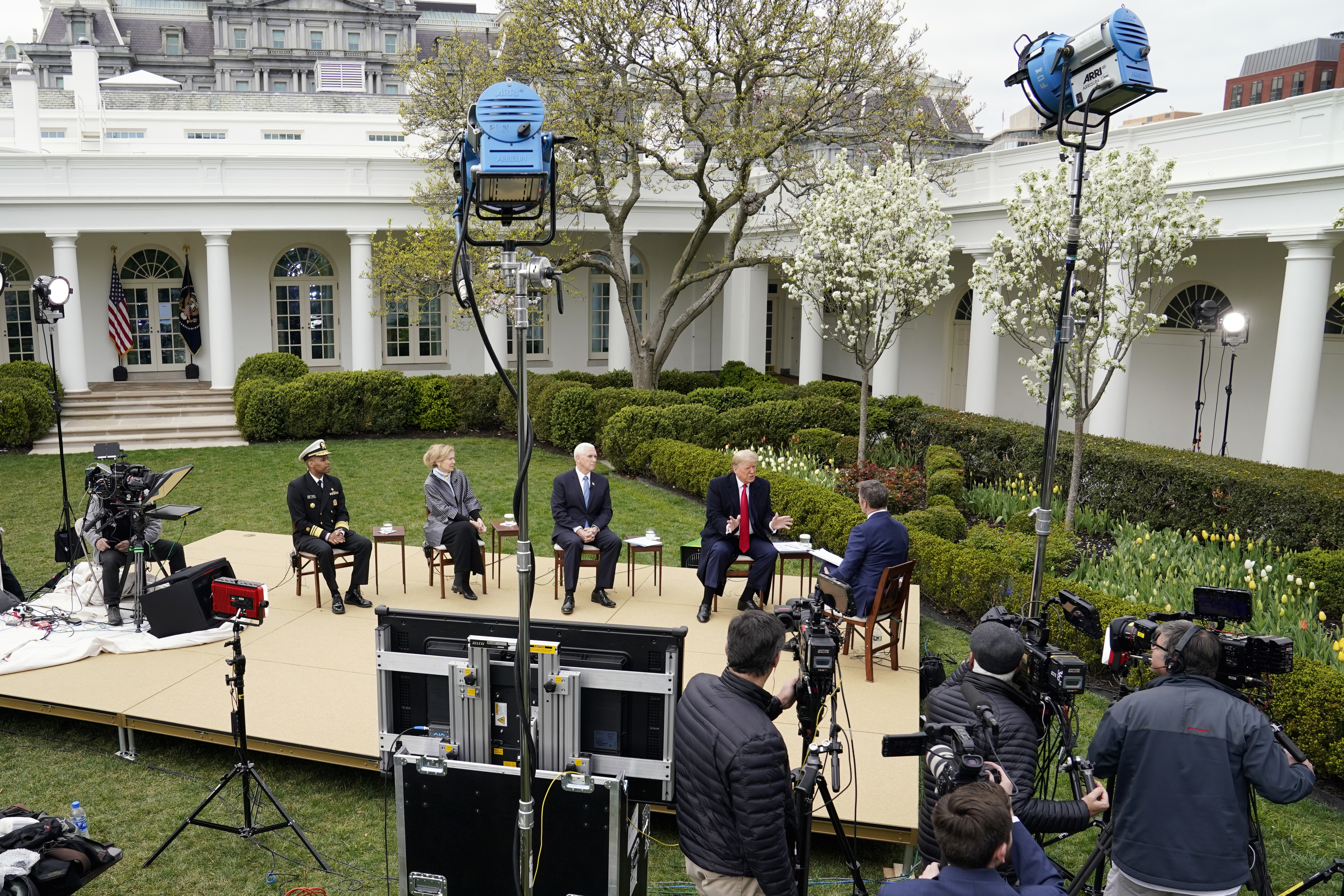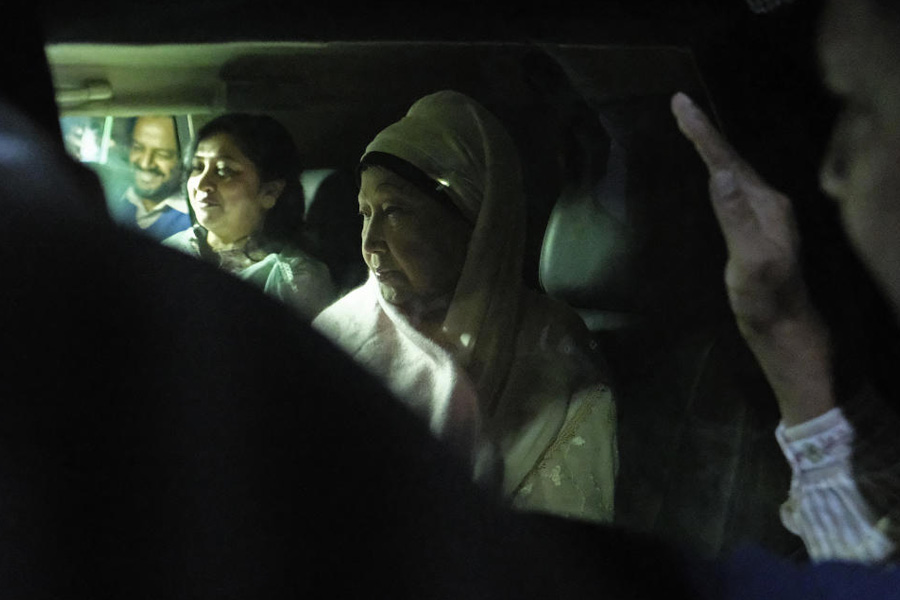As the US entered Week 2 of trying to contain the spread of the coronavirus by shuttering large swathes of the economy, President Trump, Wall Street executives and many conservative economists began questioning whether the government had gone too far and should instead lift restrictions that are already inflicting deep pain on workers and businesses.
Consensus continues to grow among government leaders and health officials that the best way to defeat the virus is to order non-essential businesses to close and residents to confine themselves at home. Britain, after initially resisting such measures, essentially locked down its economy on Monday, as did the governors of Virginia, Michigan and Oregon. More than 100 million Americans will soon be subject to stay-at-home orders.
Relaxing those restrictions could significantly increase the death toll from the virus, public health officials warn. Many economists say there is no positive trade-off — resuming normal activity prematurely would only strain hospitals and result in even more deaths, while exacerbating a recession that has most likely already arrived.
On Monday, Trump said his administration would reassess whether to keep the economy shuttered after the initial 15-day period ends next Monday, saying it could extend another week and that certain parts of the country could reopen sooner than others, depending on the extent of infections.
“Our country wasn’t built to be shut down,” Trump said during a briefing at the White House. “America will, again, and soon, be open for business. Very soon. A lot sooner than three or four months that somebody was suggesting. Lot sooner. We cannot let the cure be worse than the problem itself.”
On Tuesday, Trump said he would like to see US businesses re-open by Easter, which is April 12 this year. “I’d love to have it (businesses) open by Easter. I will tell you that right now,” he said on Fox News during a discussion of US economic shutdowns aimed at slowing the spread of the coronavirus.
Similar views are emanating from parts of corporate America, where companies are struggling with a shutdown that has emptied hotels, airplanes, malls and restaurants and sent the stock market tumbling so fast that automatic circuit breakers to halt trading have been tripped repeatedly.
Stocks have collapsed about 34 per cent since the coronavirus spread globally.
Lloyd Blankfein, the former chief executive of Goldman Sachs, wrote on Twitter that “crushing the economy” had downsides and suggested that “within a very few weeks let those with a lower risk to the disease return to work”.
Even governor Andrew M. Cuomo of New York, whose state has emerged as the epicentre of the outbreak in the US, has begun publicly floating the notion that, at some point, states will need to restart economic activity and debating how that should unfold.











